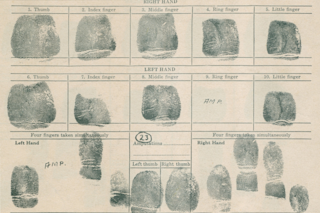Infants—to anyone other than their parents—can be a bore. Beyond cooing and crying, babies appear to be all sleep and bodily functions. But deep inside those cute, fuzzy little heads, infants are performing scores of staggering statistical feats. Bombarded with a bewildering range of sounds since birth, they possess mechanisms that scour these signals for statistical regularity, allowing them to emerge with something quite astonishing: an understanding of spoken language. As we age, this computational ability plummets. That's why it becomes so difficult to learn a second language, says Pat Kuhl of the University of Washington. Kuhl focused on the phonetics of language—the sounds we use to contrast words. In English, it's important to distinguish "ra" and "la" (as the statistical properties of our spoken language tell us), but in Mandarin this isn't the case, so Chinese people have a difficult time doing so. But Chinese babies—all babies, in fact—are ...
Live from the Biggest Science Conference in the World: Baby Talk
Discover how infants understand spoken language through impressive statistical abilities and the impact of social interaction.
More on Discover
Stay Curious
SubscribeTo The Magazine
Save up to 40% off the cover price when you subscribe to Discover magazine.
Subscribe













